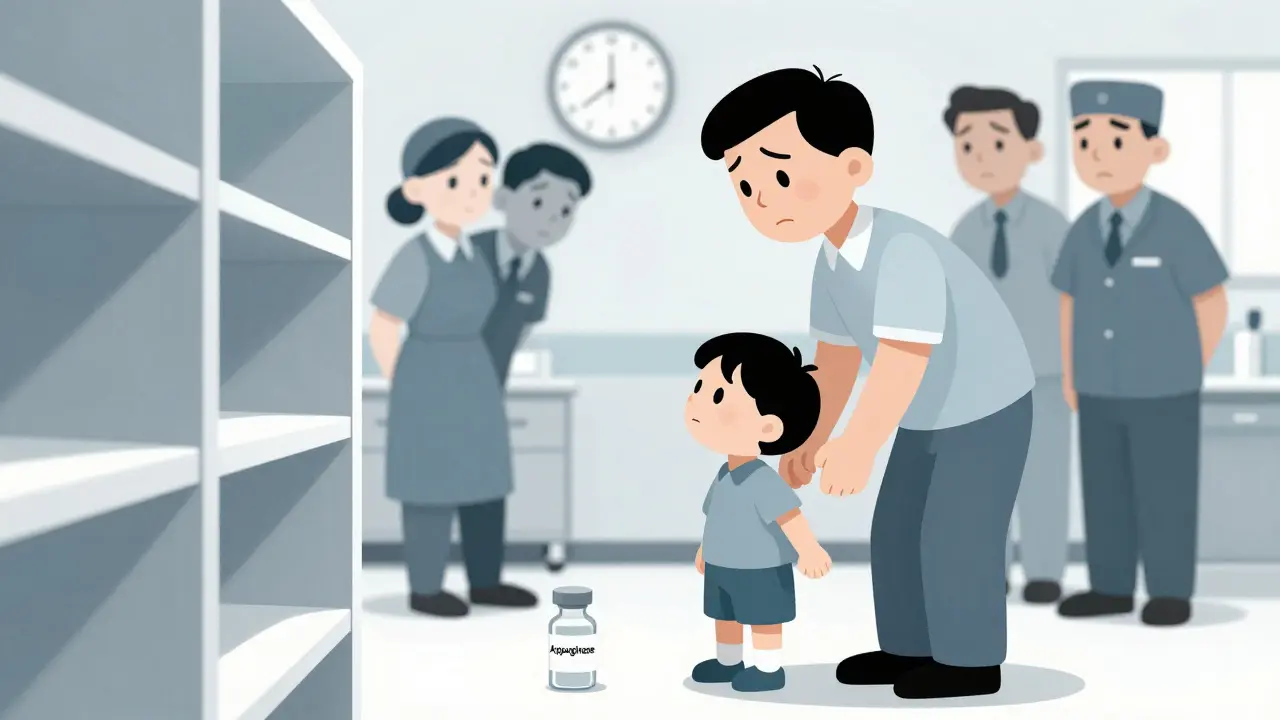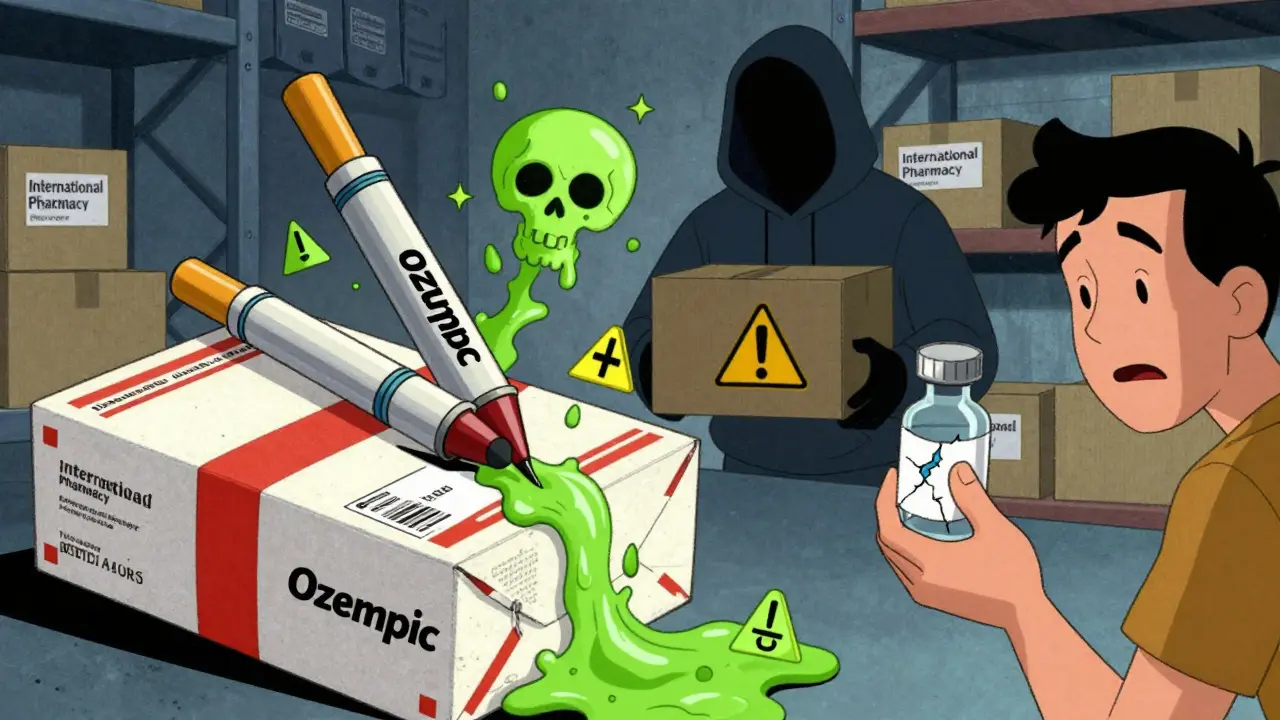Public Health: Practical Non-Pharmaceutical Actions to Fight Influenza
When a new flu strain appears, vaccines and antivirals can take time. That’s when non-pharmaceutical interventions (NPIs) matter most. NPIs are everyday moves people and communities can use to slow spread right now. They don’t require a prescription, but they save lives and ease pressure on hospitals.
Start with basics at home. Wash hands often with soap for at least 20 seconds, especially after being in public or touching high-contact surfaces. Carry hand sanitizer (at least 60% alcohol) when soap isn’t available. Wipe shared surfaces—doorknobs, phones, remote controls—with disinfectant during active outbreaks.
Masks, Distance, and Air
Face masks reduce the chance you’ll spread or inhale infectious droplets. Use well-fitting masks in crowded indoor spaces or when you’re sick. Keep physical distance in queues and poorly ventilated rooms. Improve air flow: open windows, use fans to move air, or consider HEPA air purifiers in high-use rooms. Outdoors is safer than indoors when people gather.
Smart Choices for Daily Life
If you feel unwell, stay home. Employers and schools should support paid sick leave and remote options—this keeps infected people out of shared spaces. If someone in your household is infected, isolate them in one room when possible and assign one caregiver to reduce exposure. Wash laundry with hot water and handle used tissues carefully.
Testing helps you make safer choices. Rapid antigen tests give quick answers and are handy before visiting vulnerable people, attending events, or returning to work after symptoms. If a test is positive, follow local public health guidance on isolation length and when to seek medical care.
Protecting high-risk people matters most. Older adults and people with chronic conditions face higher risks from influenza. Encourage vaccination for those who can get it as soon as vaccines are available, and maintain strict NPIs around them during outbreaks. Vaccines plus NPIs work better together than either alone.
Community-level actions multiply individual efforts. Schools can stagger schedules and improve cleaning. Workplaces can reduce in-person meetings and upgrade HVAC systems. Local leaders can share clear, timely advice so people know which actions to prioritize and when to step up protections.
Make a simple household plan. Pick one room to isolate a sick person, stock a three-day supply of basic meds and fluids, and agree on who will shop or pick up prescriptions. Talk with neighbors about checking on older residents and coordinating grocery runs. At work, set a clear policy for staying home with symptoms and offer virtual meeting options. Small prep reduces last-minute risks and helps everyone act without panic. Plan a daily check-in schedule.
Want practical gear? Keep masks, hand sanitizer, a thermometer, and rapid tests on hand during flu season. Learn basic symptoms—fever, cough, body aches—and act fast when they appear. Talk to your doctor about plans if symptoms worsen or if you’re in a high-risk group.
Small, consistent steps add up. When communities use NPIs early and fairly, outbreaks slow and hospitals get breathing room. You don’t need special training—just steady habits and cooperation to make a big difference.
How Drug Shortages Are Delaying Treatments and Endangering Patients

Drug shortages are delaying life-saving treatments, increasing errors, and forcing patients to skip doses. Learn how this crisis is impacting care and what’s being done to fix it.
- January 19 2026
- Tony Newman
- 4 Comments
Regulatory Capture: How Industry Influence Undermines Public Protection

Regulatory capture happens when government agencies meant to protect the public end up serving the industries they regulate. From sugar tariffs to drug approvals, this hidden influence costs billions and erodes trust in democracy.
- January 5 2026
- Tony Newman
- 11 Comments
Seized Counterfeit Medications: Real Cases and What We’ve Learned

Real cases of seized counterfeit medications reveal how dangerous fake drugs have become. From fake Ozempic to poisoned fillers, learn where they come from, how they reach patients, and what you can do to stay safe.
- December 30 2025
- Tony Newman
- 10 Comments
The role of non-pharmaceutical interventions in containing novel influenza outbreaks

In today's blog post, I want to discuss the crucial role non-pharmaceutical interventions play in containing novel influenza outbreaks. These interventions are essential, especially during the early stages of an outbreak when vaccines and antiviral medications may not yet be available. Examples of non-pharmaceutical interventions include practicing good hygiene, wearing face masks, and implementing social distancing measures. These simple but effective actions not only limit the spread of the virus but also help reduce the burden on healthcare systems. Remember, by adopting these practices, we can all contribute to halting the spread of novel influenza and protect our communities.
- April 29 2023
- Tony Newman
- 20 Comments
